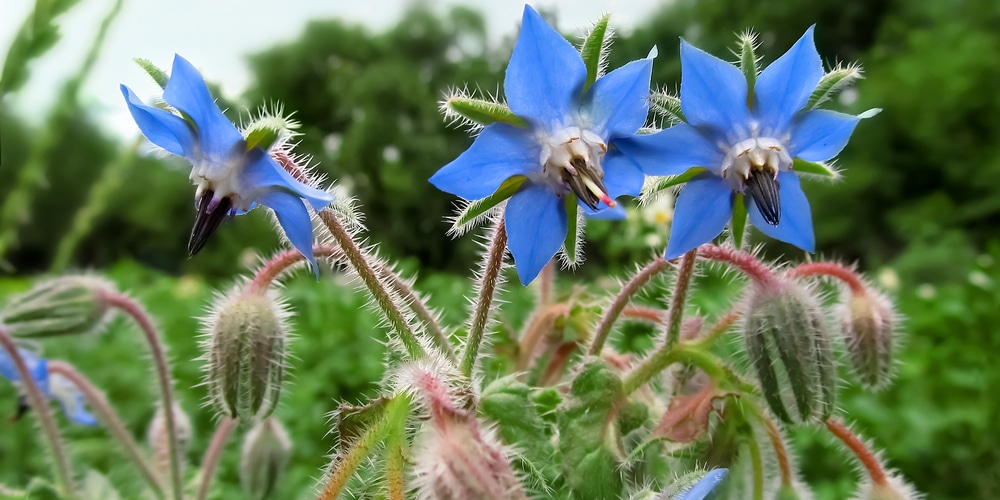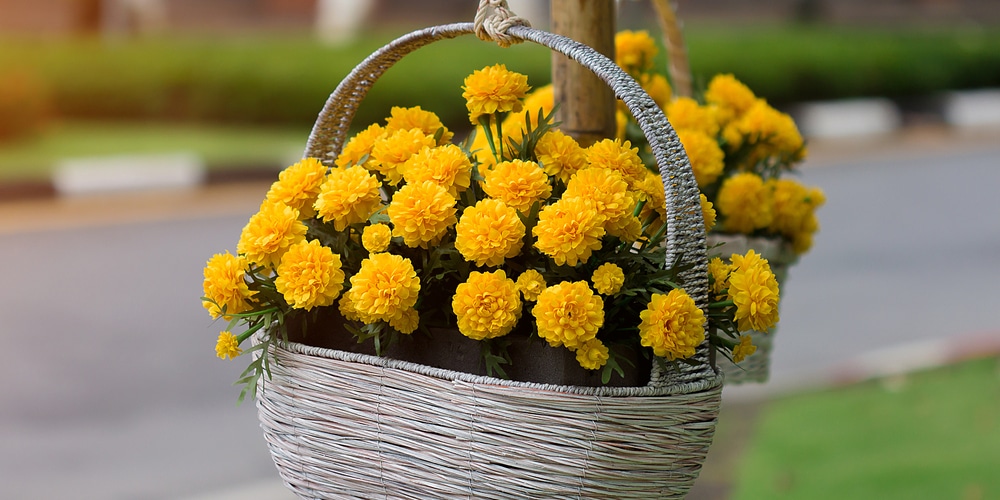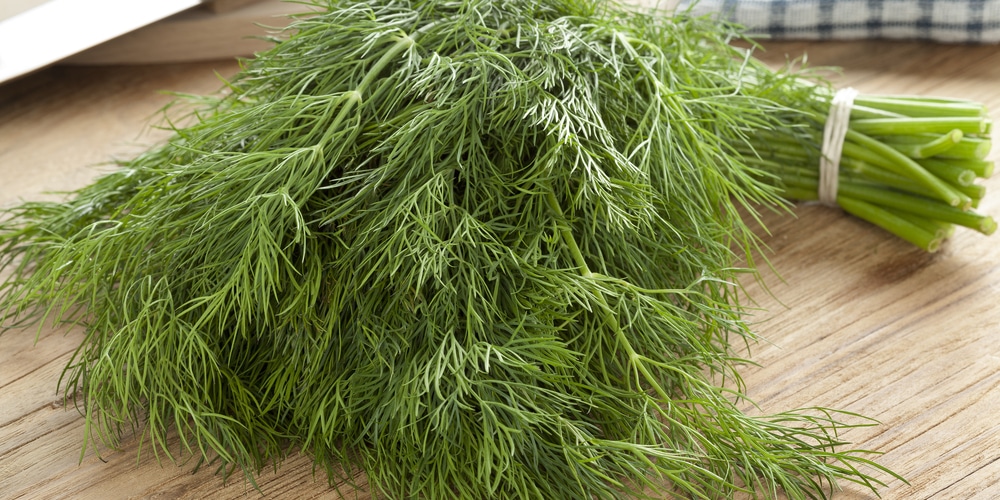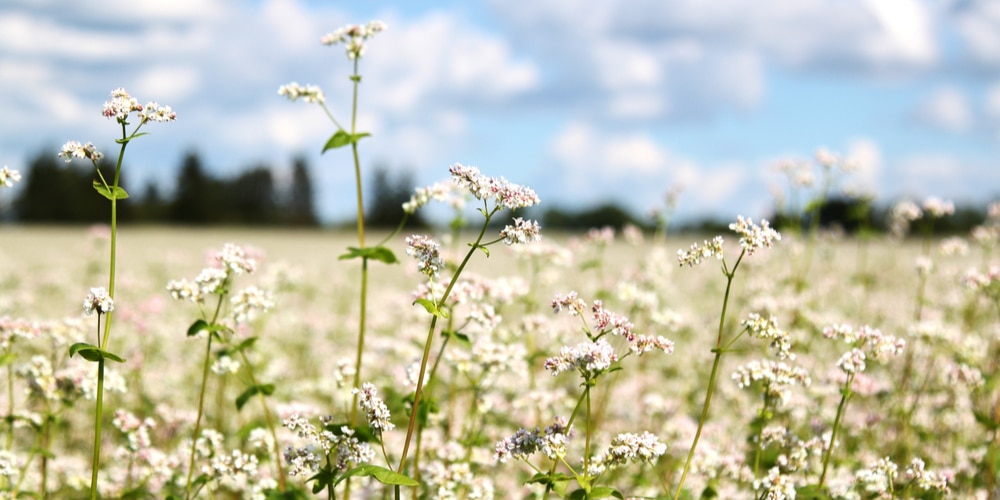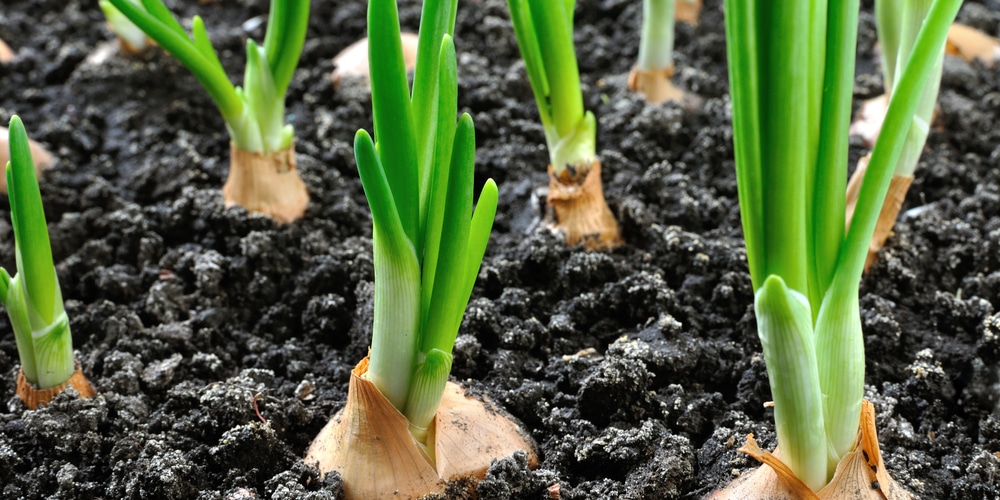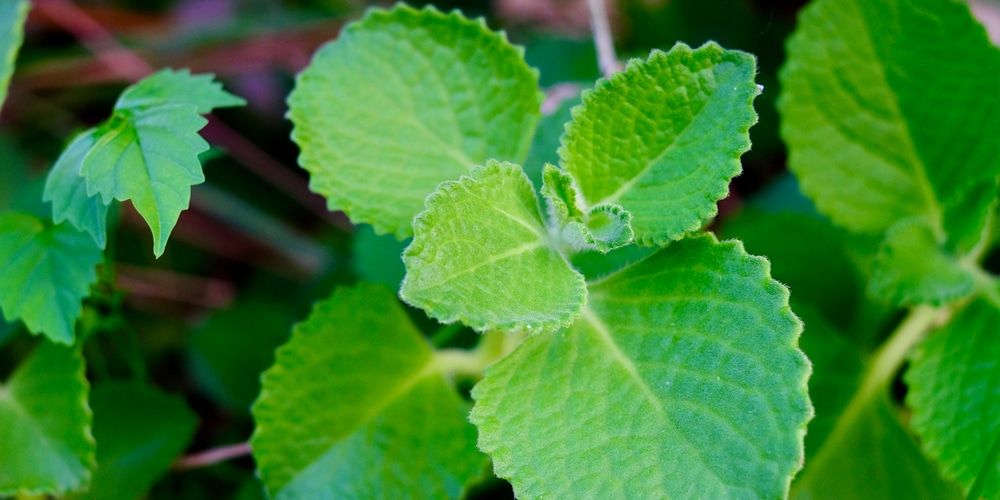Companion planting benefits any kind of plant, may it be a vegetable or a flower. Brassica companion plants offer shelter, support, and help with soil improvement. They also attract beneficial insects and act as decoy plants to keep harmful insects from pestering the plant.
Brassica is a group of vegetables that can greatly benefit from companion planting. One great enemy of these vegetables is pests. In fact, brassicas are the most bug-prone vegetables on the farm. Brassica companion plants can help prevent diseases and pests, keep the weeds off, and most importantly, improve the taste and flavor of these vegetables.
Which vegetables belong to the brassica family?

Before we enumerate the different plants that grow well with brassicas, it is important to know what vegetables we are dealing with here. Brassica is a group of vegetables that thrive well in cool, wet weather. They are hardy and frost-resistant. However, brassicas don’t like extreme temperatures, like being too hot or too cold. Below are common vegetables you see in the market or on farms that are brassicas.
- cabbage
- cauliflower
- turnips
- broccoli
- wasabi
- mustard green
- horseradish
- bok choy
- kale
Brassica Companion Plants
The most challenging part of growing the cabbage family is the pests. Cabbage worms, aphids, maggots, flea beetles, and caterpillars are just some of the harmful insects that may attack brassica crops. Also, brassicas prefer soil that has lots of moisture and nutrients.
These vegetables are heavy feeders, and a lack of food can immediately inhibit their growth. If you want to ensure healthy and bountiful harvests of brassicas, consider planting them with these plants:
1. Borage
Borage offers a lot of benefits when planted close to brassicas. Borage is a great chop-and-drop mulch plant. It absorbs minerals deep in the ground through its taproot. When the leaves of the borage wither and fall to the ground, the minerals infiltrate the soil, thus providing nutrients to the brassica. Lastly, borage attracts bees to help in pollination and deters cabbage moths that can harm the growth of brassicas.
2. Beets
Beets can help enhance the flavor of brassicas by providing nutrients to the soil. They work the same way with borage. When the leaves of the beets decay and fall to the ground, they put manganese and iron into the soil. These nutrients are essential to enhance the flavor of the brassicas. Of course, you have to reinforce this with enough moisture and water in the soil because drought and heat can result in a strong and bitter flavor.
3. Marigolds
The colorful and beautiful flowers of marigolds can add life to your garden. This plant can increase the diversity of your yard, which is another great thing about companion plants. Because these plants bear bright-colored flowers, they can attract pollinators for the brassica.
Marigolds also deter pests. They release chemicals that can kill nematodes, which are notorious for attacking the roots of brassicas. If cabbage worms are your problem, marigolds can offer you some help. They can also repel these pests, ensuring that your cabbage grows healthy.
4. Dills
Dills can help stimulate the growth of brassicas and enhance their flavor. They also attract beneficial insects that can devour harmful pests trying to attack your brassicas. Cabbage moths, worms, and loopers can be prevented when you plant dills close to any of your brassica vegetables. Dills are aromatic herbs, so expect that they are really effective in preventing pest infestation.
Related Article: Is Dill Weed the Same as Dried Dill?
5. Buckwheats
Buckwheat is another companion plant that can enhance the flavor of your brassicas. They can also provide brassicas with nutrients that are not generally available to them. They do this by mining nutrients from both the soil and the air. Buckwheat blooms can brighten a plain and dull garden. Buckwheat also attracts parasitic wasps, which are beneficial insects. This wasp can kill cabbage worms.
6. Onions
Onions are known to have a strong smell. Just that is enough to repel any kind of pest trying to harm brassicas. Maggots hate the pungent smell of onions. Onions also repel cabbage worms, cabbage loopers, aphids, Japanese beetles, and weevils. Even a rabbit could not bear the smell of onions. So, if you’re looking for a plant that can easily repel pests for your brassicas and is also easy to find, go for onions.
7. Mints
Mints are another plant that can repel pests by emitting a strong smell. This strong smell can also confuse or distract pests that are planning to infest your cabbages. The most important role that mint can play is to deter flea beetles that cause holes in the foliage of brassica crops.
Brassica Companion Plants: Conclusion
The seven plants mentioned above are great Brassica companion plants. If there are plants that make great companions for brassicas, there are also plants that should be kept away from them. Avoid planting watermelons, grapes, pumpkins, strawberries, and nightshades near any of your brassicas. These plants are heavy feeders, which means they will compete with brassicas for nutrients.
